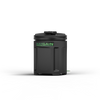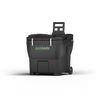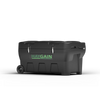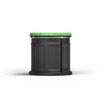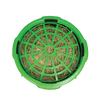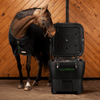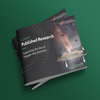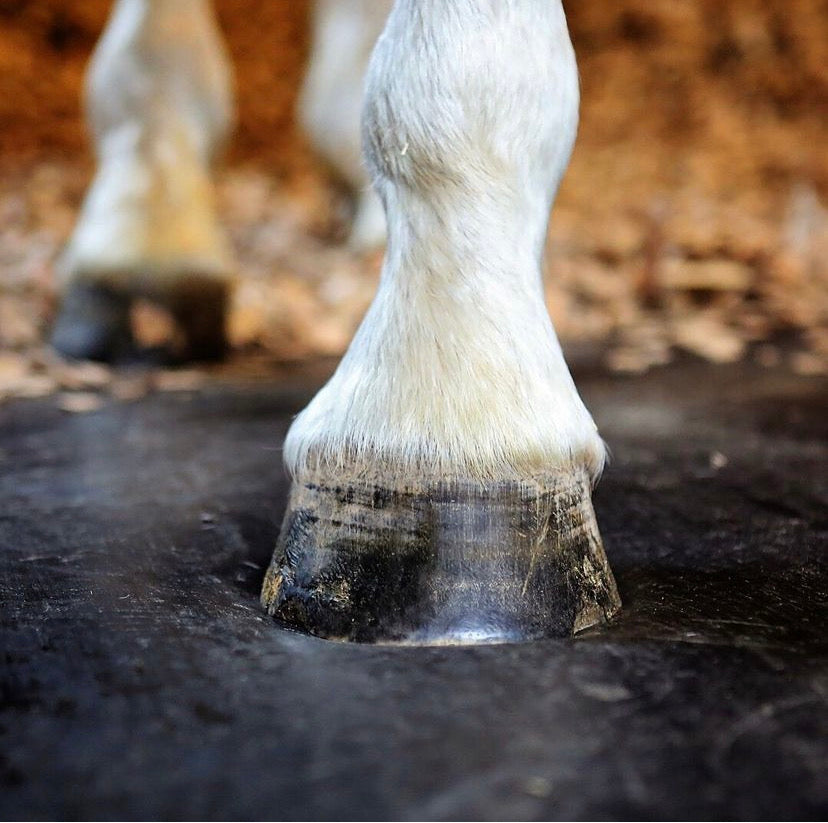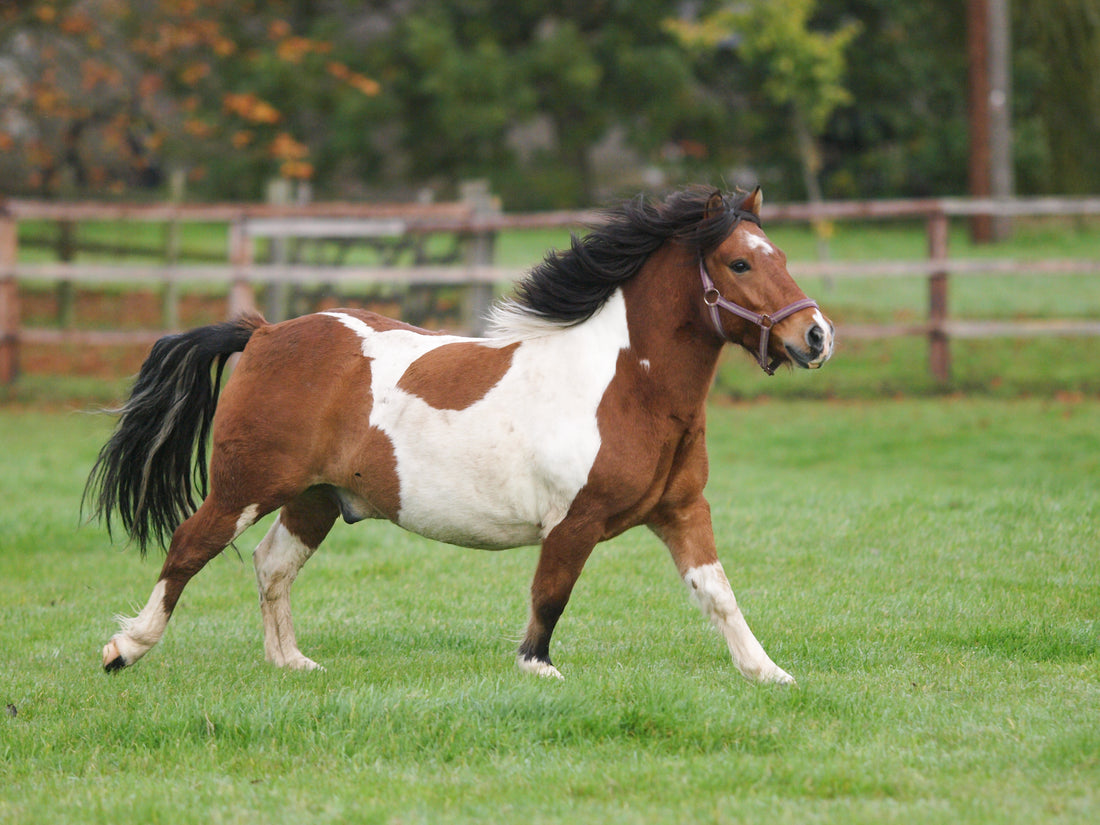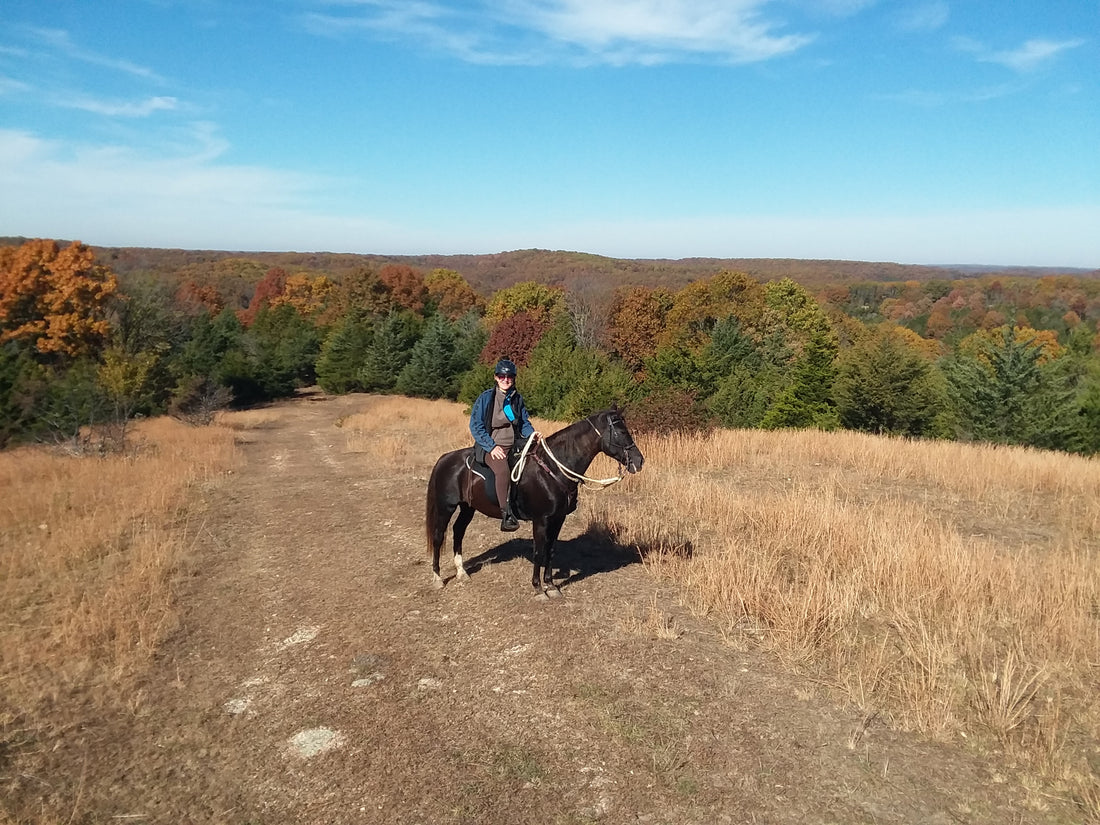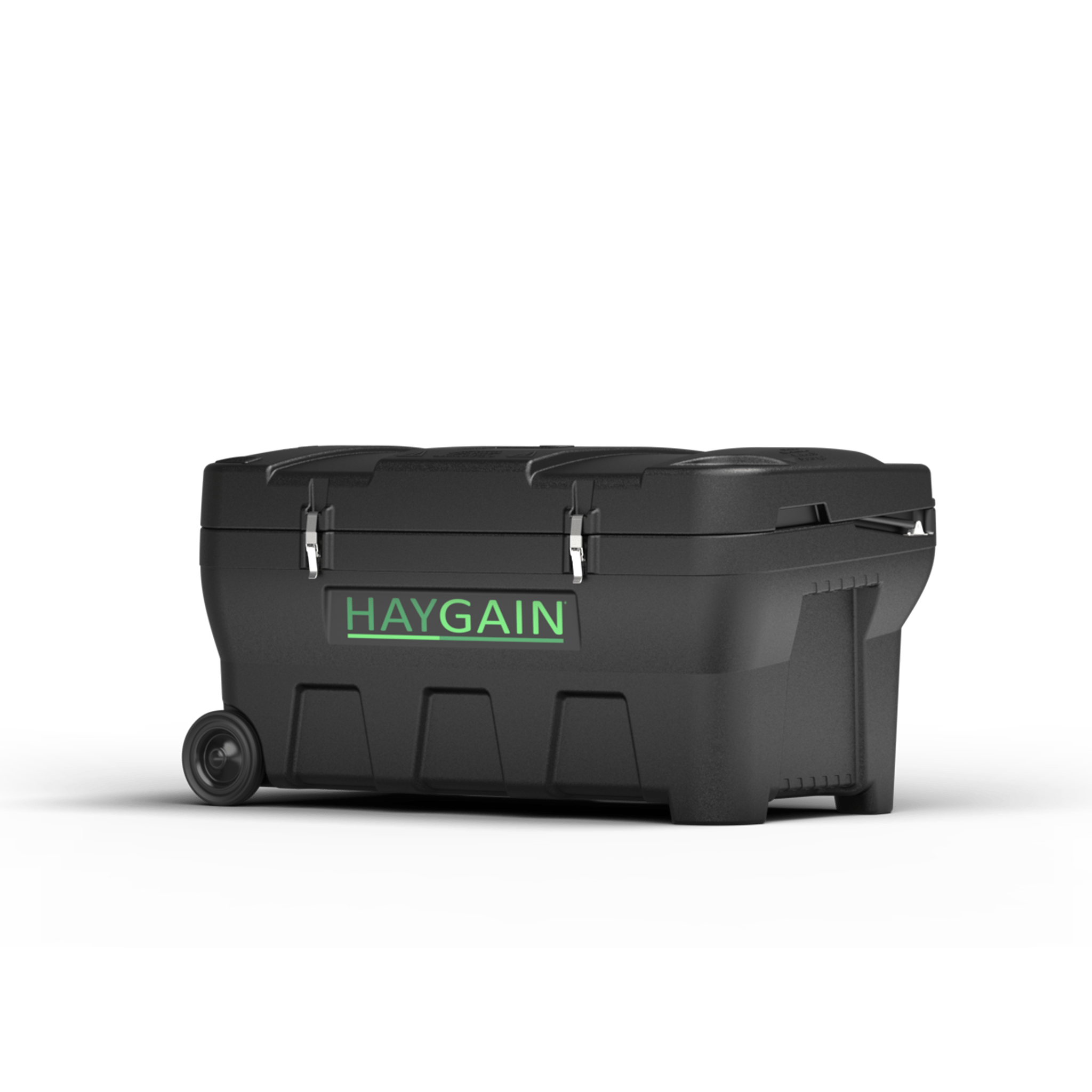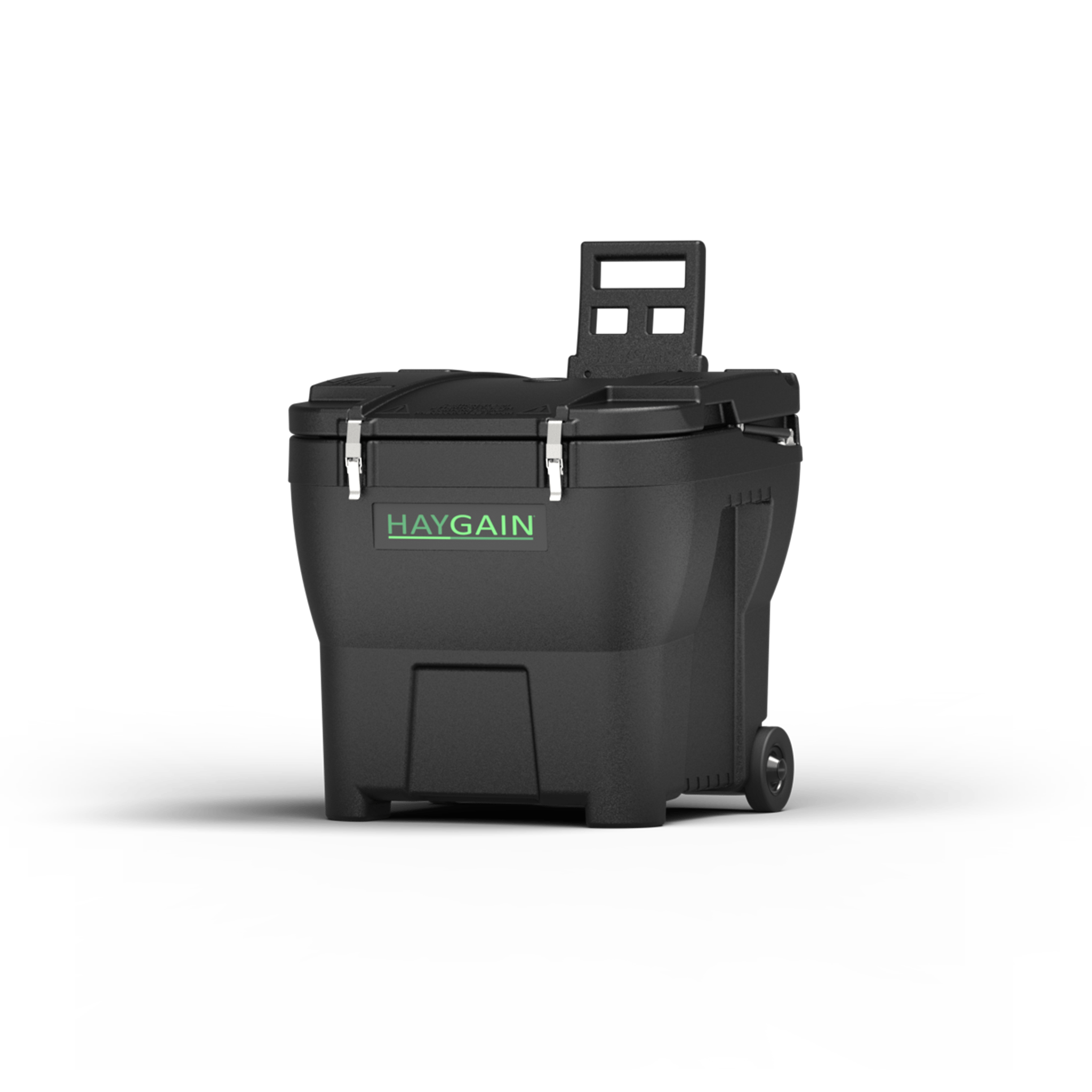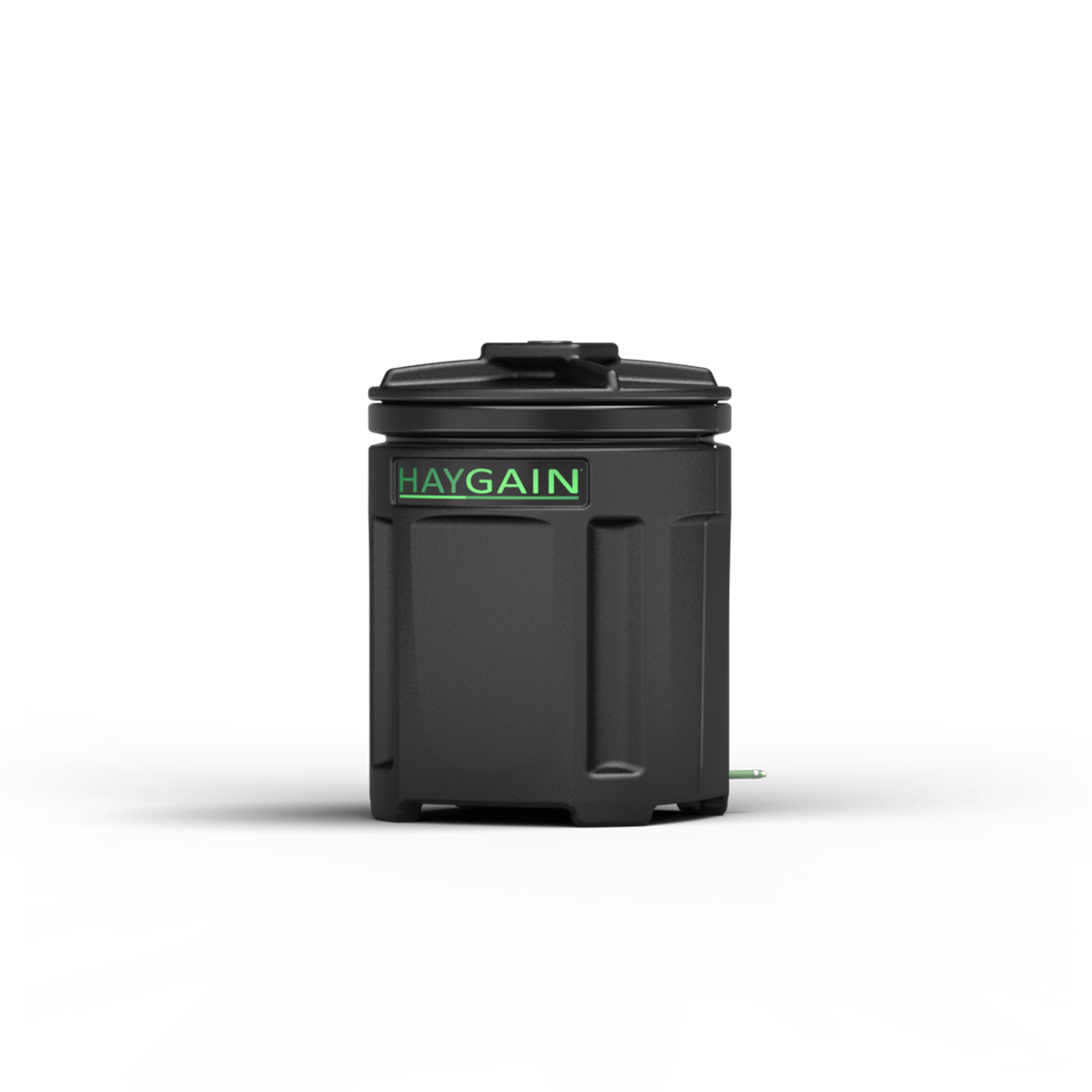The recent wet weather has turned fields across the country into mud baths and made life very tough for horse owners - and we’re still only on the cusp of winter! If you’re protecting the grass in your fields, by restricting the amount of time horses spend turned out, then it’s possible that you might hear them cough in the weeks ahead. Haygain take a look at why horses may cough more in the winter and how you can ensure your horse stays healthy and well during the colder months of the year. After all, winter already presents a lot of challenges for horse owners without having the worry of a respiratory disease or allergy too.
What can cause a horse to cough?

It’s important to note that healthy horses should rarely cough, so if you hear your horse cough then it’s worth paying attention to it. There are several causes of coughing in horses including Inflammatory Airway Disease (IAD), allergic respiratory disease and viral or bacterial respiratory tract infections, and if you think your horse has a respiratory condition that is affecting its health you must call your veterinarian. But aside from a horse picking up an infection from a fellow equine in the field or out at a competition, what can cause issues such as IAD and allergic reactions?
Horses thrive in the open air, with adequate shelter, plentiful fresh air and natural grazing. Sadly, our climate means that horses often need to be stabled in the winter to preserve fields and ensure that those who to be clipped for work stay warm and dry. More time in the stable means more time exposed to some of the most common causes of respiratory disease and discomfort including:
- Stable dust from bedding, such as straw and non-dust-extracted shavings.
- Dust, harmful bacteria and spores from dried forage such as hay or haylage.
- Ammonia from the build-up of urea and other stable waste under rubber matting and deep litter beds.
- A lack of proper ventilation for stabled horses.
What can horse owners do to help prevent respiratory disease and allergies?
As stable dust and ammonia are leading factors in equine respiratory health, ensuring the horse has as much time as possible spent out at grass is key. In the winter if grass turnout is limited, investigate turning them out in an indoor or outdoor arena when it’s not being used for work. You can also take steps to ensure that when a horse is stabled, it’s exposure to dust is limited. Ensure you choose dust-extracted bedding and avoid straw unless it’s absolutely necessary.

Limited turnout also means horses will be fed more dried forage in the winter months, so instead of spending hours with their head down eating grass, they have their nose stuffed in a dusty hay net. To make it safer for horses to be around, hay can be steamed in the Haygain hay steamer, which will remove 99% of respirable dust as well as dramatically reducing the levels of bacteria and spores present. Steaming also has the added benefit of making hay more palatable to horses and keeping them better hydrated.
As we’ve already mentioned, winter is a tough time for horse owners and traditionally some people would deeply bed their stalls until spring. That means leaving the wet bedding to form a base layer, picking out droppings and adding more bedding on top. We now know that the build-up of waste products in the bottom layer of a bed results ammonia being released, which irritates both equine and human lungs and eyes. The invention of stable matting to reduce the amount of bedding needed and therefore the time spent mucking out was designed to help combat this, but the gaps between mats themselves and the wall allows urea to breakdown and ammonia to still be released. ComfortStall from Haygain is an innovative cushioned and fully sealed flooring system that eliminates those gaps so that there’s nowhere for ammonia to be produced. Its clever foam core means that very little bedding is needed, reducing stable dust even further and saving you money and time.
Read more about our steamers Find our more about Comfortstall
